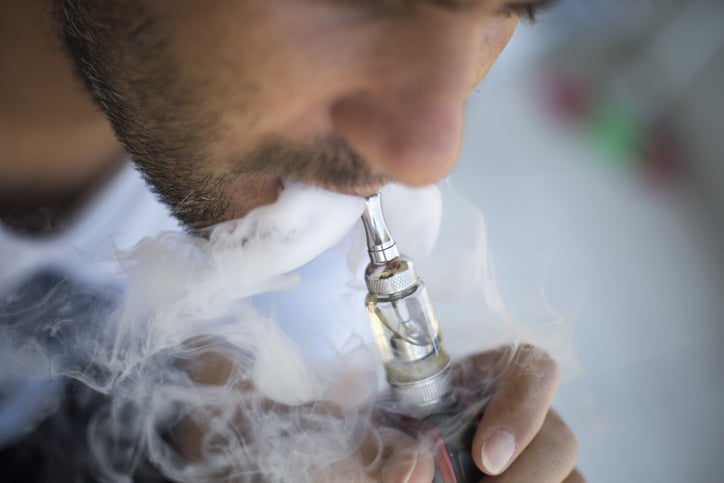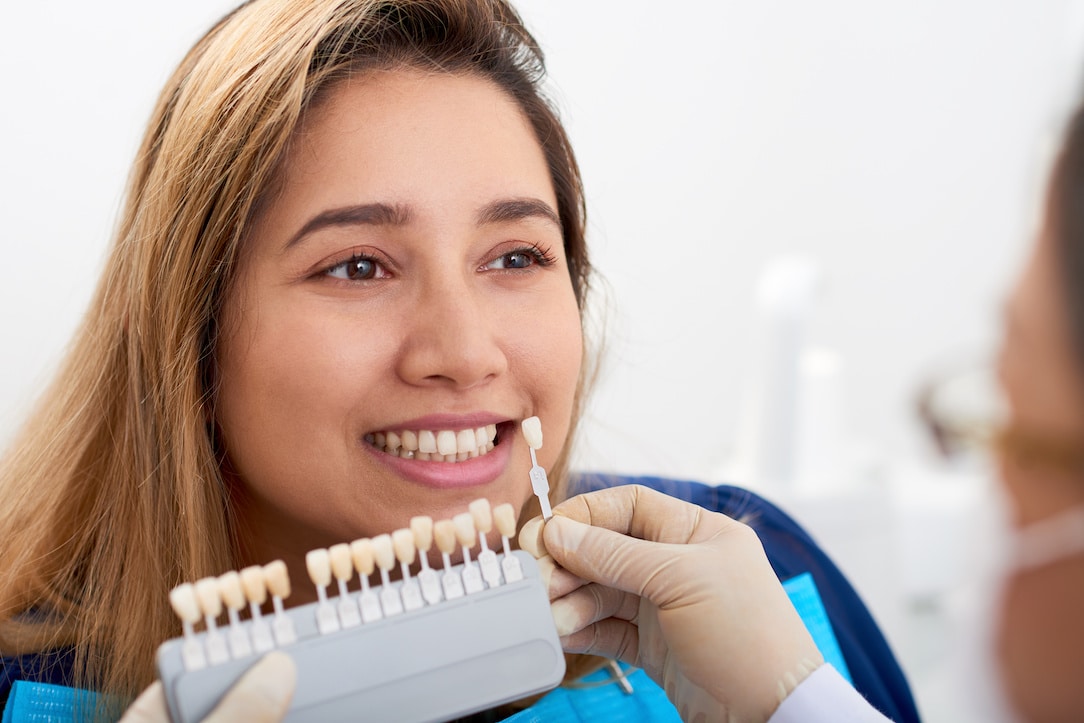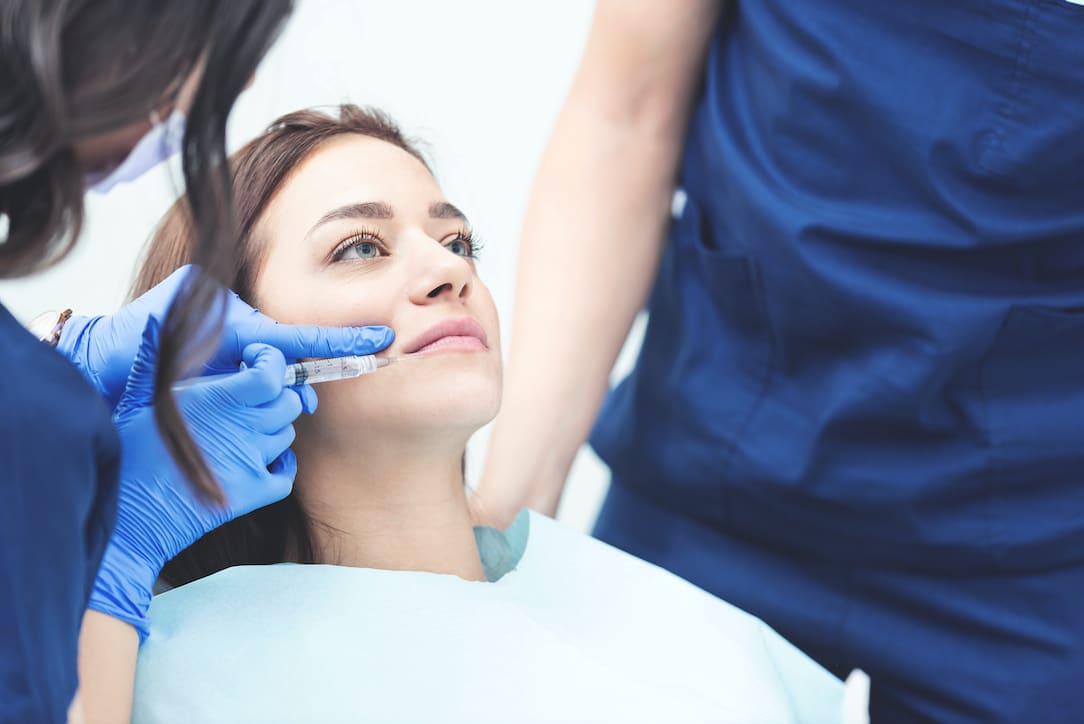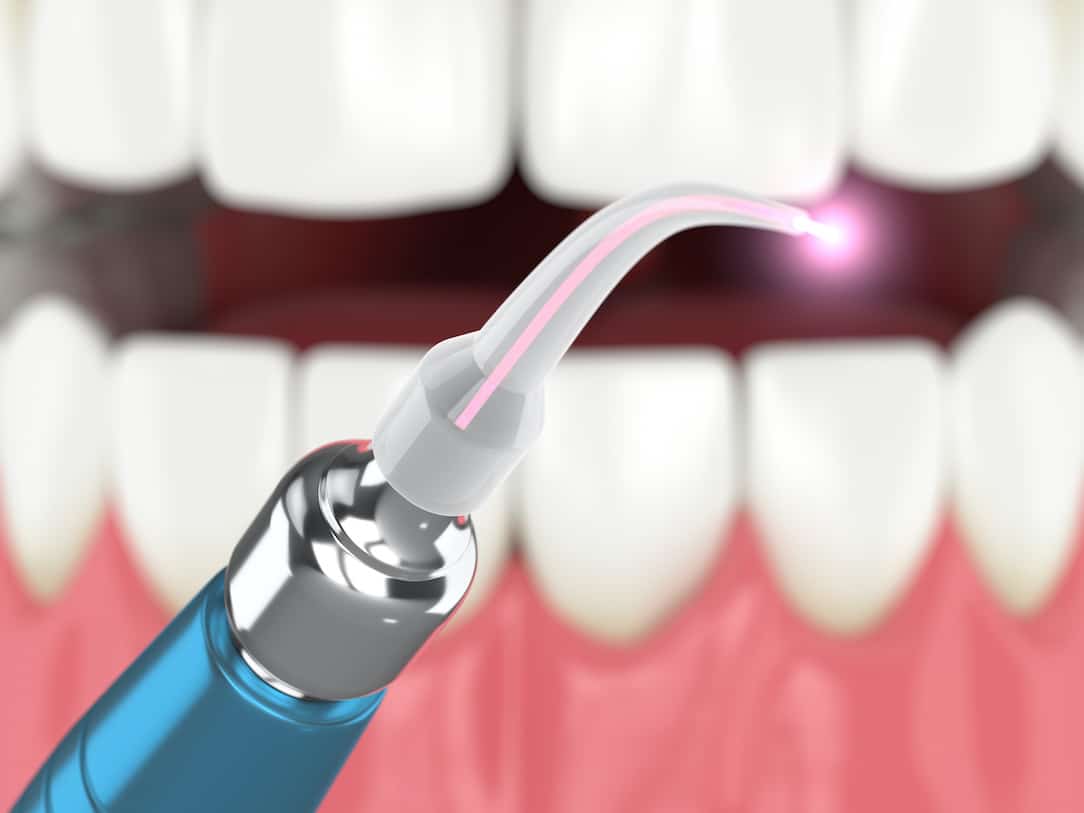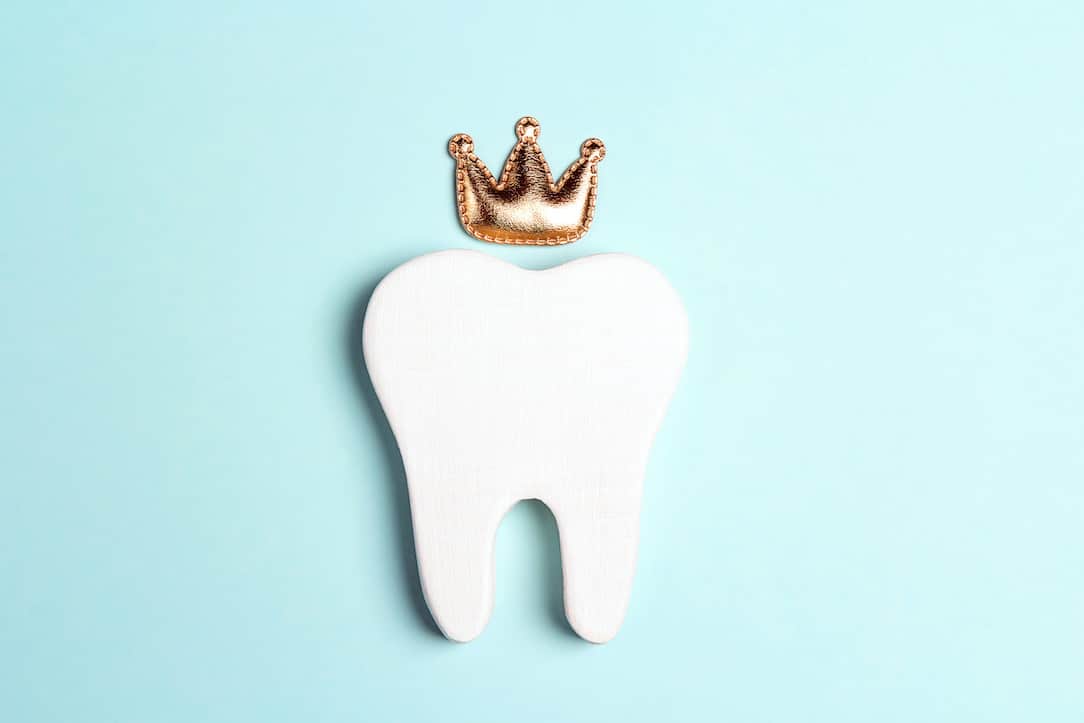What is the process of placing a tooth implant?
Tooth replacement with restorations such as dental implants are an excellent solution for many patients seeking permanent repair of the smile. These restorations are desirable by patients because of their many benefits. Dental implants are also extremely versatile and can be used in many different situations for completely different outcomes. One common question patients might have about dental implants is the process of obtaining them from start to finish. Dr. Ania Mohelicki of Boulder, Colorado can help in describing the process of dental implantations.
How am I determined as a candidate for dental implants?
- Initial dental implant consultation – during an initial evaluation with Dr. Ania Mohelicki, patients may undergo a series of tests and digital imaging such as CT scans, panoramic films, and x-rays to check the bone structure where the implant will be placed. A medical history is performed, as well as a physical examination to ensure a patient can obtain an implant and have a successful surgery.
- Surgical procedure – patients are then scheduled for oral surgery, during which the dentist will place the implant into the bone of the jaw. This is an invasive procedure, but patients often heal quickly.
- Osseointegration – the placement of the dental implant stimulates the growth of natural bone around it through a process called osseointegration. This is how the implant becomes one with the jaw and is held firmly in place, just as the rest of the teeth are, within the jawbone.
- Restoration – after the area has healed, the abutment over the dental implant is ready for restoration. The type of restoration is determined by the patient’s needs and may include a dental crown, a dental bridge, or a full denture.
How do I start the process of obtaining a dental implant?
Connecting with an implant dentist is the first step in achieving the smile of your dreams after tooth loss! Boulder, Colorado area patients can call Dr. Ania Mohelicki at 303-443-0998 to request a consultation visit and initial evaluation. During this time, x-rays may be taken and a thorough examination performed to determine if a patient is a candidate. The office is conveniently located at 2919 Valmont Road, Suite #106 and accepts new patients and families.


